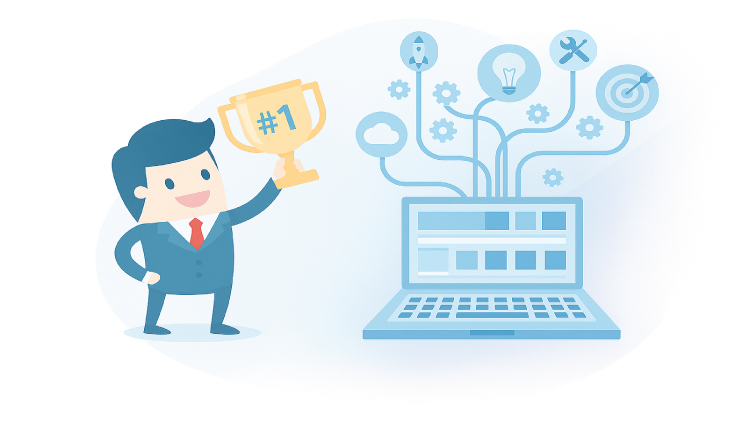Human Translator Vs Automatic Translation

The role of translation is of pivotal importance in today’s globalized world. With the help of translation services you are gaining instant information about different languages, people, places and cultures. Therefore, translators are on their toes to provide you with the best services possible. There are two ways of translating one language into another. One is the automatic method and the other is using a human human translator.
What are the major benefits of using a human translator vs automatic translation?

Automatic translation
In the automatic method, computer software is installed in the computer which is designed to translate the source language to the target language. In automatic translation human capability to translate is minimized and all decision making is done by the software.
Initially, when the software is installed, a human translator gives certain commands regarding grammatical structure of the sentences to be translated. Other than that no human interference is required. That is why it is called automatic or machine translation.
The benefits of automatic translation are the cost effectiveness and time saved.
Human translation
On the other hand, human translation—just as the term implies—is the process carried out by professional human translators with minimal interference from computer software. Grammatical accuracy and sentence structure are carefully handled, thanks to human effort and precision. Translations done by native speakers not only ensure fluency but also cultural relevance, making the content feel natural and trustworthy.
While human translation may take more time and come at a higher cost, the highest quality and accurate translations they deliver make it the preferred choice for legal, medical, and technical content. One of the major benefits of human translation is the authentic transition from the source language to the target language, ensuring that every nuance is preserved. Many companies prioritize using human translators over machines because of the superior quality and the ability to adapt meaning to context.
Moreover, a human translator can maintain strict confidentiality for sensitive materials such as legal and official documents. As you know, all certified translations are completed by experienced professionals who specialize in translating text with the utmost care. Unlike automated tools, human translators can provide feedback, clarification, and even real-time adjustments based on client needs—ensuring a smooth and personalized translation experience.


Human linguists
Automatic translation is run by rules therefore sometimes it becomes uncertain. But human translation involves knowledge of its human translator. The human translator can put his input in balancing out the meaning of source text into target text. Whereas, automatic translation method gives automated response. Therefore, human translators are always preferable.
Human translations are in high demand these days. The majority of clients prefer human translators because their work is confidential, authentic, close in meaning to source text, and it contains unique content as human mind is involved in the process.
Question and Answers
What is the key difference between human translation and automatic translation?
Human translation is performed by a professional linguist who understands context, tone, and cultural nuance. Automatic translation uses AI or rule-based software to convert text between languages, often lacking the depth of human understanding.
Which is more accurate for legal, medical, or certified documents?
Human translation is far more accurate and reliable for critical documents. These require contextual judgment, industry-specific terminology, and often certification — all of which machine translation cannot provide reliably.
Is automatic translation faster than human translation?
Yes. Automatic translation is almost instantaneous and ideal for rough drafts or internal use. However, speed comes at the cost of accuracy, especially with idiomatic expressions or complex texts.
Can automatic translation be used for business communication?
Only with caution. While it may be acceptable for informal communication or internal notes, professional business content, contracts, and marketing materials should always be translated by humans to maintain tone, clarity, and brand credibility.
Is human translation still necessary with today’s AI tools like Google Translate or DeepL?
Absolutely. AI tools have improved significantly, but they cannot match a human’s ability to understand emotion, double meanings, regional variation, or creative wordplay — all essential for high-stakes or public-facing content.
Machine translation has its own benefits: it’s fast, often cheap or even free, requires no human intelligence, and saves both time and effort. Tools powered by a translator with AI can produce translations instantly, which may be useful for informal or personal use. However, despite these advantages, machine translation still falls short of the critical benefits that come with human translation.
Human translation may be time-consuming and effort-intensive, but its reliability, precision, and contextual awareness far outweigh the convenience of automated tools. A native speaker who understands the cultural subtleties of both source and target languages can adapt the message in a way that avoids misinterpretation or offense. This is especially important when translating sensitive or publicly facing content, such as websites, marketing materials, or product manuals.
Literal, machine-generated translations can easily lead to misunderstandings or even offensive wording—particularly in industries like law, healthcare, or government. Human translators, on the other hand, are trained to localize and culturally adapt content, ensuring nothing is lost in translation. This becomes even more crucial for technical manuals, user manuals, and legal documentation, where accuracy and clarity are non-negotiable.
For certified language services, immigration agencies and corporate entities explicitly require translations by professionals, not machines. Automated tools simply can’t meet the quality standards required for official documentation. In fact, machine-generated content is often rejected due to its lack of credibility and human oversight. Whether you’re handling product documentation, contracts, or technical materials, only a qualified human translator can guarantee the quality and legal acceptance of your work.
What do you prefer, human or automatic translation? The choice is yours!




